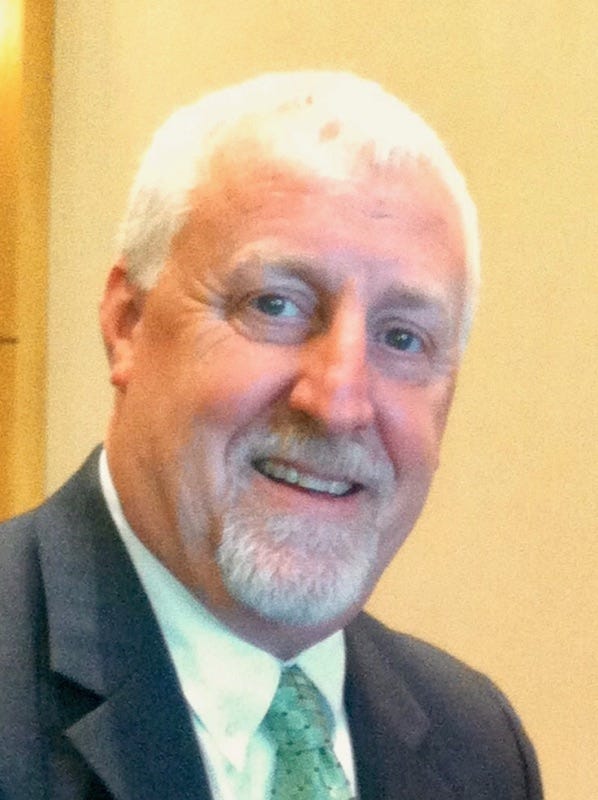
Florida is fortunate to have state leaders who are eager to build upon the successes of the state’s highly performing college system.
System-wide enhancements that impact all 28 Florida colleges must be a collaboration between our legislators and the higher-education professionals to assure that good intentions such as those proposed in SB 540 do not result in unintended consequences.
One change SB 540 proposes is to revert the system name back to the Florida Community College System. This appears to be a rather innocuous concern. However, it does not reflect the evolution of the system we have become today.
The rebrand almost 10 years ago to the Florida College System was in earnest by design to affirm our mission as colleges serving local communities, but also to reflect the expansion of higher education access through four-year degrees. Negating this advancement could change the perception of our college system as a national leader and as an open-access system leading toward baccalaureate degree attainment.
We cannot afford to take such a step backwards.
The proposed legislation also changes performance funding measures and ties some college funding to the graduation rate of full-time baccalaureate degree students at other institutions who initially come from an associate of arts degree program at an FCS institution.
The FCS institutions’ focus on on-time completion is unparalleled, but they cannot have their funding tied to what those students may or may not achieve after they complete their studies elsewhere. It is simply inappropriate to link funds to the number of enrolled full-time students.
Our colleges serve mostly part-time and transient students, 67 percent of the students we serve. These individuals often have full-time jobs, families and many responsibilities, and can sometimes struggle in maintaining the balance. A student who is full-time one semester may need to shift to part-time another semester due to any one of many reasons.
It is predicted that very few colleges would be able to successfully meet this measure.
SB 540 also places restrictions on colleges paying Direct Service Organization professional staff from state-appropriated funds. College foundations bring donations into the colleges of which 70-85 percent support primarily student scholarships.
The FCS is being wrongly lumped in with university foundations that raise significantly more dollars and fund other things such as travel, research conferences for faculty, and other perceived extravagances. Shifting these personnel costs to be paid directly from foundation donations both goes against the donors’ intended purpose of the donation as well as reduces funds available for scholarships.
It should be our goal to find ways to continue helping students achieve their education goals. These additional restrictions are not the solution.
SB 540 also proposes enrollment caps of 20 percent for baccalaureate programs offered at a Florida college. The rationale being to assure our colleges stay focused on our primary mission as AA degree granting institutions.
However, only 5 percent of our enrollment is in four-year programs, which is a clear indication that our primary mission is firmly in place. Moreover, our baccalaureate programs are workforce-targeted and exist to meet the demands of the local labor market and the needs of students within a community who want to obtain a degree closer to home. There is already a rigorous degree approval process in place and significant market-demand, which we believe is what will ultimately strengthen a community’s workforce.
Just as each college’s student body is different, the needs and workforce requirements of the community a college serves are unique to that area. A main way that colleges ensure they meet the needs of those around them is through local governance. SB 540 seeks to change FCS governance from individual local boards to include a statewide board as well. By removing the ability for a college to directly listen to the needs of its community and adapt quickly, the success of the system and ability to remain relevant are threatened. Nationally, our strong, local control model is the envy of other states.
Legislation that would limit our ability to address student needs and workforce demand is not a step forward. The $286 million budget request by the Council of Presidents, supported by the Association of Florida Colleges, is what will truly help the FCS meet the current and future needs related to degree attainment and local workforce development. These funds are targeted for needs in reducing the advisor/student ratio from its current level of about 666:1 to 450:1 to enhance tracking student progress toward completion, recruiting the best instructors, expanding targeted articulated pathways, and workforce programs.
Throughout the 2018 Florida Legislative Session our 28 colleges with their leaders and students, and the Association of Florida Colleges, will remain committed to working with legislators to develop policies that gives all colleges the opportunity to continue meeting the needs of diverse students and communities they serve.
Michael Brawer, MS.Ed., DPL is CEO and executive director of the Association of Florida Colleges.
"We cannot afford to take such a step backwards."
This article originally appeared on Crestview News Bulletin: Legislation brings unintended consequences for community colleges
